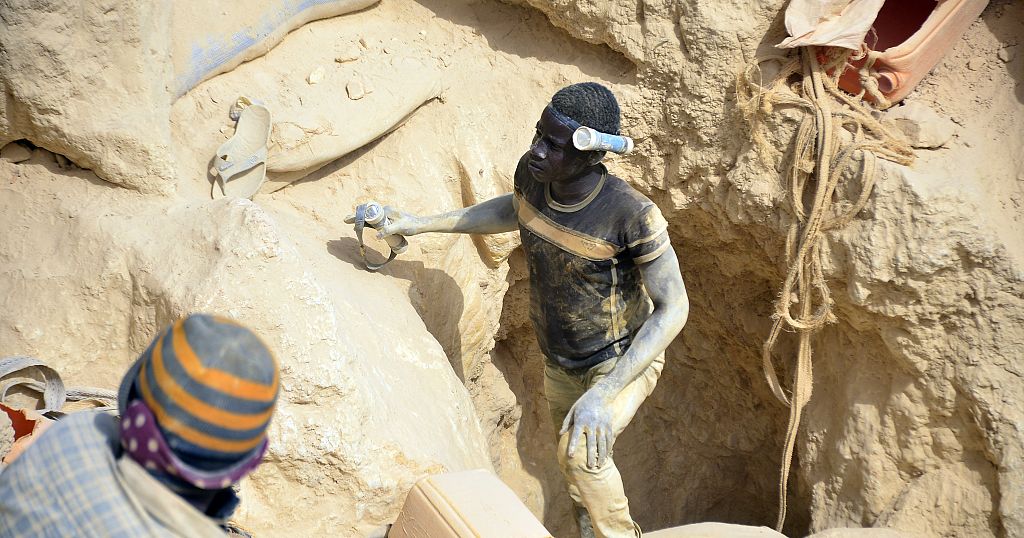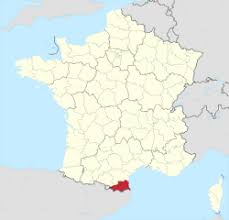Introduction
Burkina Faso, a landlocked country in West Africa, has experienced considerable turmoil in recent years, stemming from political instability, economic challenges, and escalating violence from armed groups. These issues have significant implications not only for the citizens of Burkina Faso but also for regional stability in West Africa. With elections on the horizon and humanitarian needs rising, understanding the dynamics at play in Burkina Faso is essential for both international observers and policymakers.
Recent Developments
In 2022, Burkina Faso underwent military coups that led to significant leadership changes, contributing to a volatile political environment. The latest coup in September 2022 saw Captain Ibrahim Traoré assume power, promising to restore security and address the rising threats from jihadist groups linked to both Al-Qaeda and ISIS operating in the Sahel region. Support for Traoré appears strong among segments of the population who express frustration over the government’s inability to tackle these extremist threats effectively.
The humanitarian crisis in Burkina Faso is dire, with an estimated 3.5 million people internally displaced due to ongoing violence. As armed conflict has marred the landscape, regional agencies and international organizations have struggled to provide adequate assistance, often facing oversights in funding and coordination. The United Nations has urged nations to prioritize funding for humanitarian relief efforts, as many communities face severe food shortages and lack of access to basic services.
Broader Implications
The developments in Burkina Faso raise alarms not only for national security but also for the broader West African region. Neighbouring countries are observing closely, as instability can easily spill over borders and exacerbate existing tensions in places like Mali and Niger. The Economic Community of West African States (ECOWAS) has called for a return to constitutional order and elections, yet the security situation complicates these calls.
Conclusion
The situation in Burkina Faso remains complex and precarious, characterized by political upheaval and growing humanitarian needs. As the country looks towards possible elections in the coming years, the focus must remain on fostering stability and safety for its citizens. Observers suggest that the international community’s role will be crucial in addressing these challenges, highlighting needs for strategic interventions that prioritize not just security, but also sustainable development to prevent a further descent into chaos.


